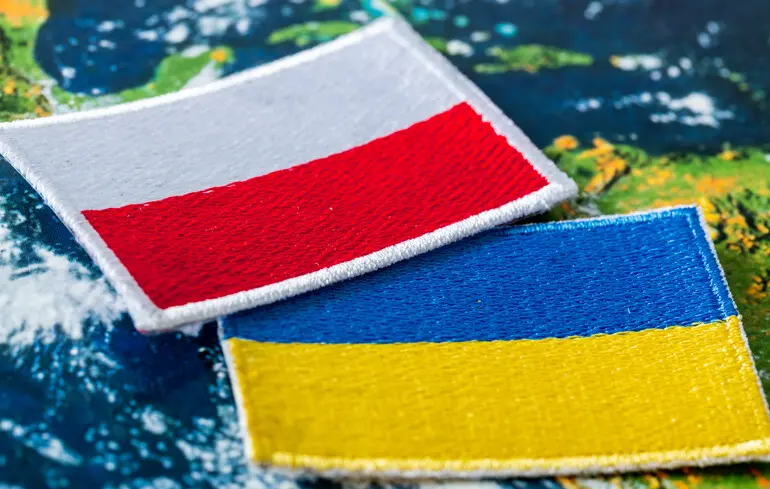Poland Tightens Measures Against Foreigners After Max Korzh Concert Protest in Warsaw: Deportations and Entry Bans

Following the large-scale incidents that occurred during the Belarusian rapper Max Korzh’s performance in Warsaw on August 9, Polish law enforcement agencies and authorities are actively taking measures against foreigners involved in the unrest.
According to border service data, 63 individuals have already been deported under investigative procedures, including 57 Ukrainians and 6 Belarusians.
During a press briefing, Border Service Commander Major General Robert Bagan announced that, based on police evidence, deportation procedures had been initiated against these individuals.
Of these, 53 cases have been concluded, while legal actions are ongoing for the remaining 10.
Additionally, 13 foreigners identified as threats to national security and public order were deported from Poland.
Another 10 persons left voluntarily, and 30 others have been added to the so-called ‘black list,’ which prohibits entry into the Schengen Zone countries.
These measures are part of a broader effort to prevent violations at public events.
The Polish Minister of Interior, Marcin Kervinsky, stated that Poland will respond strictly and firmly to any provocations or violations, reaffirming support for Ukraine and the hospitality extended to Ukrainian guests.
He emphasized that anyone violating the law, regardless of nationality or political views, must face consequences and lose their guest status.
Notably, footage surfaced during the concert showing a UPA flag, which is banned in Poland, provoking public outrage.
The Ukrainian ambassador to Poland responded by calling for dialogue and tolerance.
Authorities report that 109 people were detained during the event for various violations, including drug possession, unauthorized use of pyrotechnics, fights with security, and illegal entry onto the stadium grounds.
Additionally, 50 attendees were fined approximately 11,450 PLN (around $3,100).
The incident caused a stir, particularly due to images of a UPA flag displayed during the concert — seen by many as a provocative act.
Ukrainian participant Dmytro later apologized, stating that the flag was a symbol of support for Ukrainians, not a political provocation.

